Disclosure: This article contains affiliate links. We may earn a commission from purchases at no extra cost to you, which helps our travel content.
The air in Nouakchott hits differently – a peculiar blend of salt from the Atlantic and fine Saharan dust that settles on your skin like a welcome embrace. As someone who's spent years chasing the craftsmanship of distilleries and gaming communities across continents, Mauritania's capital offered me something entirely different: a living museum where desert nomadic traditions collide with coastal life in spectacular fashion. When my design work for a gaming convention in Morocco created an unexpected week-long gap in my schedule, I made the impromptu decision to venture further into West Africa – a choice that would reveal one of travel's greatest truths: sometimes the places least frequented by tourists offer the most profound connections.
Navigating Nouakchott's Cultural Landscape
Nouakchott isn't a city that reveals itself easily to outsiders. Unlike the well-trodden paths of Marrakech or Cairo, here you must work for your cultural immersion – and that effort pays dividends in authenticity.
My first morning, I hired Moussa, a local guide I'd connected with through a Mauritanian gaming forum (yes, they exist, though internet cafés rather than home setups are the norm). With his help navigating both language barriers and cultural nuances, I discovered Nouakchott's rhythm starts at the Port de Pêche.
Arriving at dawn, I witnessed hundreds of wooden pirogues – painted in blues, yellows and greens that would make any graphic designer's heart sing – returning laden with the night's catch. The orchestrated chaos as fishermen negotiate with buyers is a masterclass in community economics. When exploring this area, wear closed shoes that can handle wet sand and fish scales – my water shoes proved invaluable when I inevitably got roped into helping drag a particularly successful catch to shore, earning hearty laughs and an invitation to tea from a group of fishermen.
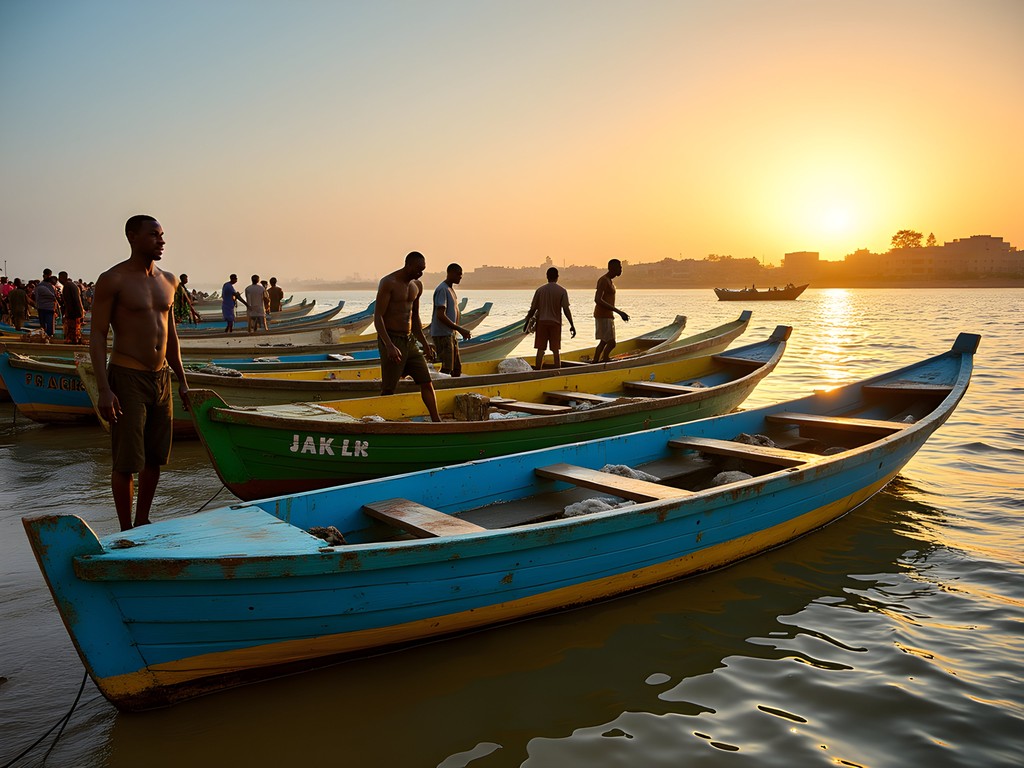
💡 Pro Tips
- Hire a local guide through your accommodation – independent exploration is possible but cultural context is invaluable
- Visit Port de Pêche at dawn (around 6am) when boats return with their catch
- Learn basic Arabic or French phrases – a little linguistic effort goes a remarkably long way
The Art of Mauritanian Tea Ceremony
If there's one cultural practice that embodies Mauritanian hospitality and patience, it's the tea ceremony – or atai as it's locally known. Unlike the refined precision of Japanese tea rituals I've documented in Kyoto, Mauritanian tea-making is simultaneously methodical and wonderfully social.
On my third day, I was invited to the home of Aisha, a local textile artist whose intricate work I'd admired at the Marché Capitale. What I expected to be a brief visit stretched into a four-hour cultural education. The preparation of three rounds of tea – progressively sweeter, each with distinct significance – became a framework for conversation that traversed everything from traditional Mauritanian wedding customs to her son's fascination with Japanese video games.
The ceremony requires specific tools, and I couldn't resist purchasing my own tea set from the market afterward. While technically Moroccan, it's similar enough to the Mauritanian style to serve as both a practical souvenir and conversation starter back home. Aisha insisted I also take home a small bag of the local mint variety – markedly different from what I'd tasted elsewhere in North Africa.
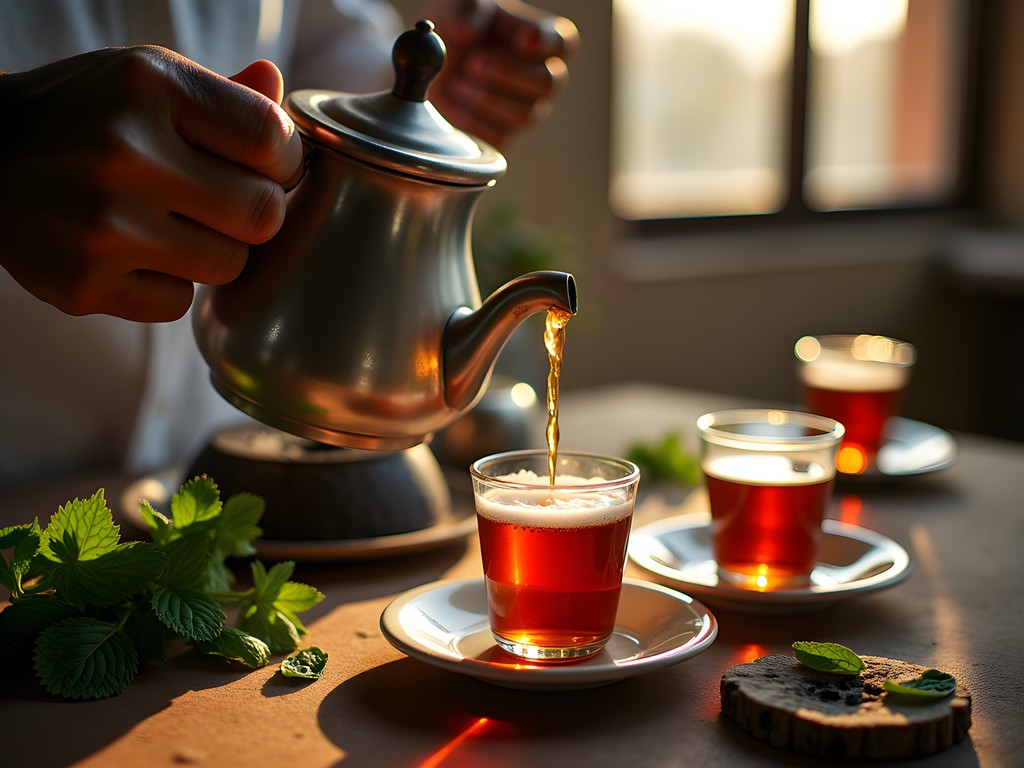
💡 Pro Tips
- Never refuse tea when offered – it's considered deeply offensive
- Be prepared to sit for at least an hour when invited for tea – rushing is culturally inappropriate
- Watch the pouring technique – the height from which tea is poured creates the distinctive foam
Market Immersion: Marché Capitale & Marché Cinquième
Markets have always been my windows into a culture's soul, and Nouakchott's labyrinthine marketplaces didn't disappoint. The sensory overload of Marché Capitale – with its narrow alleys packed with everything from handcrafted silver jewelry to camel milk soap – requires both stamina and a good sense of direction.
I quickly learned that my normal approach of photographing everything interesting wouldn't work here. Many vendors were camera-shy, and I respected their wishes, instead purchasing a small travel sketchbook and watercolor set from a local art supply shop to capture the vibrant scenes. This approach not only preserved memories but created natural conversation opportunities as curious onlookers watched me sketch.
The less touristed Marché Cinquième proved even more fascinating. Here, Tuareg and Moorish traders sold desert-sourced goods – medicinal plants, handwoven textiles, and leather goods crafted using techniques unchanged for centuries. I spent an entire afternoon watching a leather worker create intricate designs on camel-hide bags, his fingers moving with the precision and confidence that comes from decades of practice – a craftsmanship ethos that reminded me of the distillery masters I've documented in Scotland.
When navigating these markets, bargaining is expected but should be done respectfully. I found starting at about 60% of the initial asking price and working up from there led to fair outcomes for both sides.
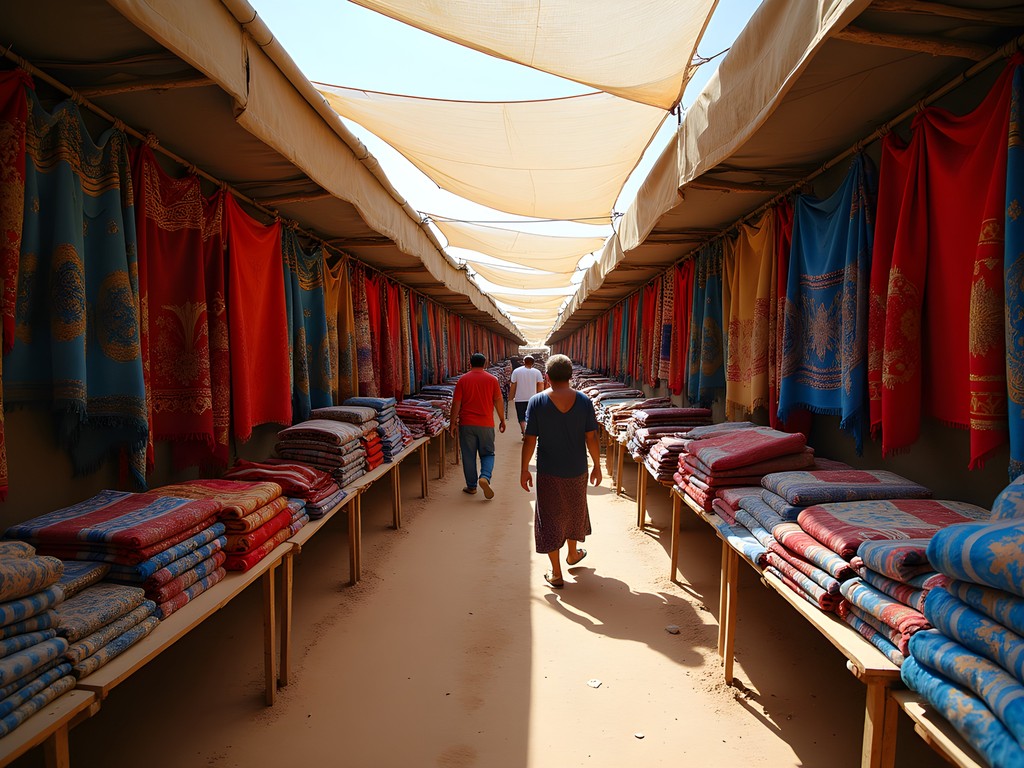
💡 Pro Tips
- Ask permission before photographing people or their wares
- Bring small denomination ouguiyas (Mauritanian currency) for easier transactions
- Wear a crossbody bag that zips securely in crowded market areas
Desert Meets Ocean: Nouakchott's Unique Geographic Identity
Perhaps the most profound experience in Nouakchott comes from understanding its precarious position between the advancing Sahara and the Atlantic Ocean. This geographic tension creates a unique cultural identity that's neither fully coastal nor desert-dwelling, but something altogether its own.
I dedicated a day to exploring this phenomenon with Ahmed, an environmental guide who's spent decades documenting the shifting relationship between sand and sea. We traveled just north of the city where dunes cascade dramatically into ocean waves – a surreal landscape that defies conventional categories.
"The desert is winning," Ahmed explained as we watched camel caravans navigate shoreline paths that were once several hundred meters inland. "Each year, we adapt our routes and rhythms to accommodate nature's will."
For this excursion, I was grateful for my sand socks which protected my feet from both scorching sand and sharp shells. I'd also recommend a sand-resistant beach blanket for comfortable sitting during the inevitable tea breaks your guide will suggest.
As the afternoon sun began its descent, we joined a group of local families gathering for evening prayers where desert meets ocean. The call to prayer carrying across the dunes while waves crashed in rhythmic counterpoint created one of those travel moments that no photograph or sketch could adequately capture – it had to be experienced.
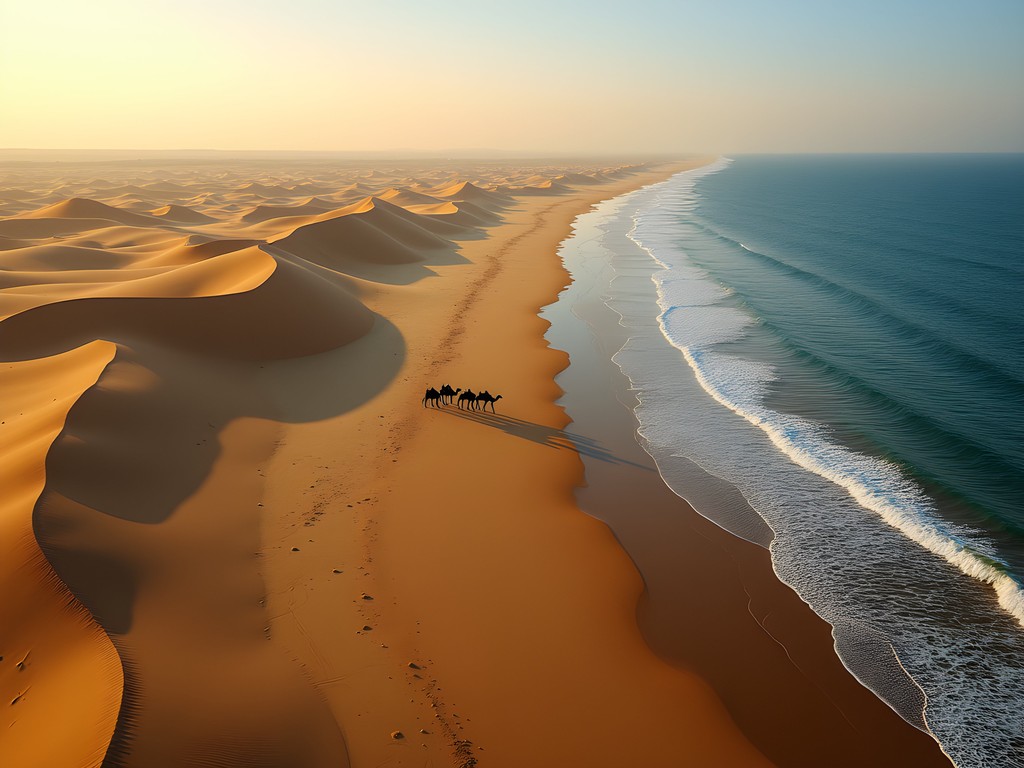
💡 Pro Tips
- Arrange desert-ocean excursions through your hotel rather than with street touts
- Bring twice as much water as you think you'll need – the combination of desert heat and ocean breeze is deceptively dehydrating
- Schedule this excursion for late afternoon when temperatures are more moderate and the light is magical for photography
Finding Connection Through Shared Games
My professional work documenting gaming communities across cultures has taught me that play transcends language barriers in remarkable ways. In Nouakchott, this principle proved true once again at a small café near my guesthouse, where I discovered a thriving community of players engaged in Awale (also known as Oware) – a traditional mancala game played throughout West Africa.
After watching several matches between elderly men who played with lightning speed and tactical brilliance, I was invited to try my hand. My initial attempts were met with good-natured laughter as I fumbled through the rules, but by my third game, I'd grasped enough basics to avoid complete embarrassment.
What struck me was how this ancient game created community across generations. Young boys watched intently as their grandfathers demonstrated strategies, absorbing cultural knowledge through play. I couldn't help but draw parallels to gaming conventions I've documented in Seoul and Tokyo, where despite the technological differences, the fundamental human connection through strategic play remains unchanged.
I was so taken with the game that I purchased my own wooden mancala set from a local artisan. While not exactly like the sets used in Mauritania, it's close enough to practice the strategies I learned from my patient teachers in Nouakchott. The vendor even threw in a small handwritten guide to regional rule variations – a thoughtful touch that exemplifies Mauritanian hospitality.
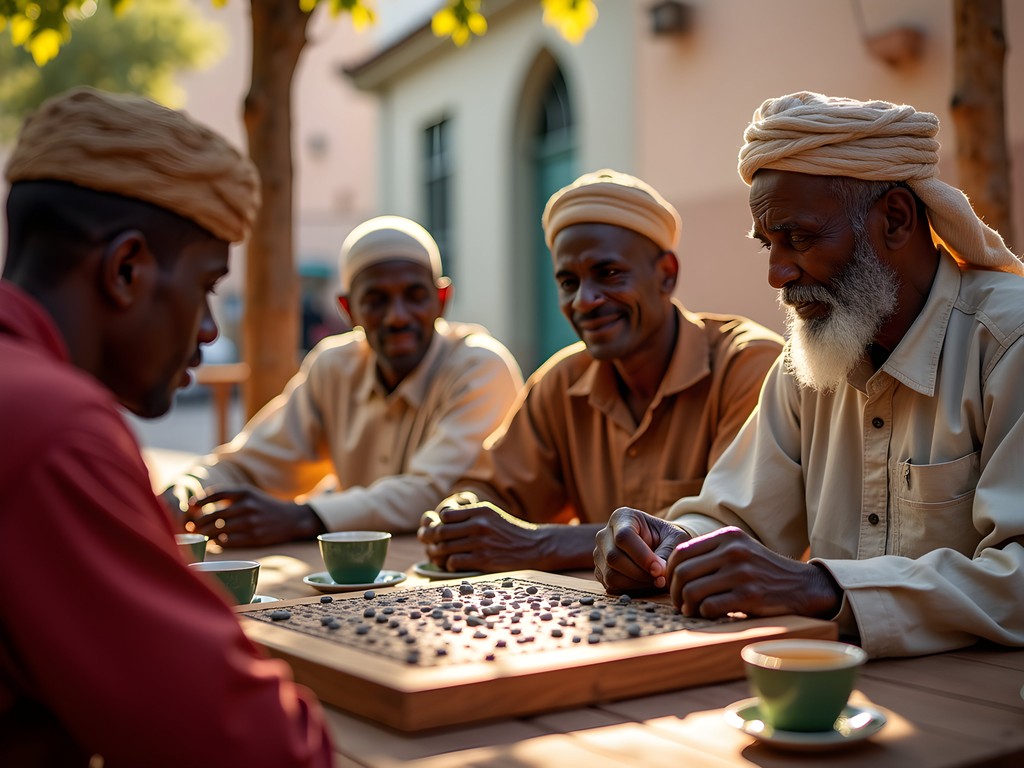
💡 Pro Tips
- Don't be shy about asking to learn local games – most people are delighted to teach visitors
- Respect the elders' expertise – in Mauritanian culture, age commands particular deference
- Purchase games or crafts directly from artisans rather than tourist shops for better quality and more meaningful exchanges
Final Thoughts
As my week in Nouakchott drew to a close, I found myself reflecting on how this overlooked capital had shifted something fundamental in my approach to travel. In a world increasingly curated for tourist consumption, Mauritania offers something increasingly rare: an opportunity to engage with a culture on its own terms, unfiltered by the expectations of mass tourism.
The connections I made – from fishermen at dawn to Awale players at dusk – weren't facilitated by TripAdvisor recommendations or Instagram hotspots, but through the simple willingness to sit, observe, and participate in daily rhythms. There's a Māori concept called whanaungatanga that speaks to the importance of relationship and connection; Nouakchott embodied this principle in ways that felt both foreign and deeply familiar.
For the intrepid traveler willing to embrace discomfort and uncertainty, Nouakchott offers cultural immersion that can't be manufactured or packaged. It demands patience, respect, and genuine curiosity – but returns these investments tenfold in authentic human connection. As I boarded my flight out, sand still stubbornly clinging to my shoes, I knew I'd return – not just for the landscapes where desert meets ocean, but for the tea ceremonies where time slows and stories unfold in their own perfect rhythm.
✨ Key Takeaways
- Nouakchott rewards travelers who approach with patience and cultural respect
- Local guides are essential for deeper cultural understanding and access to authentic experiences
- The geographic tension between desert and ocean creates unique cultural practices worth experiencing
- Traditional games and tea ceremonies provide natural frameworks for meaningful cultural exchange
📋 Practical Information
Best Time to Visit
October-December (fall) when temperatures are moderate
Budget Estimate
$30-50 USD per day (excluding international flights)
Recommended Duration
5-7 days
Difficulty Level
Challenging
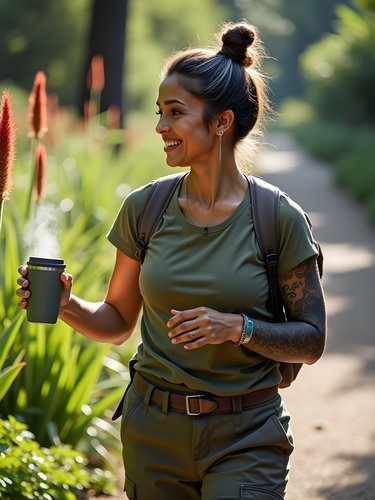
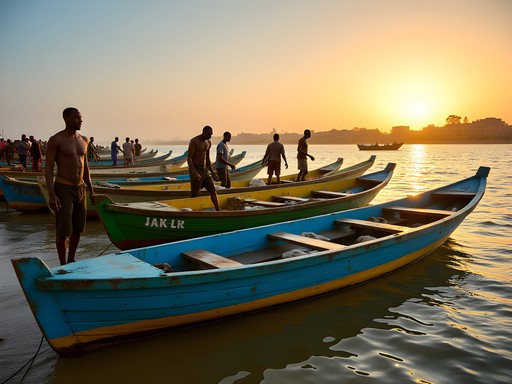
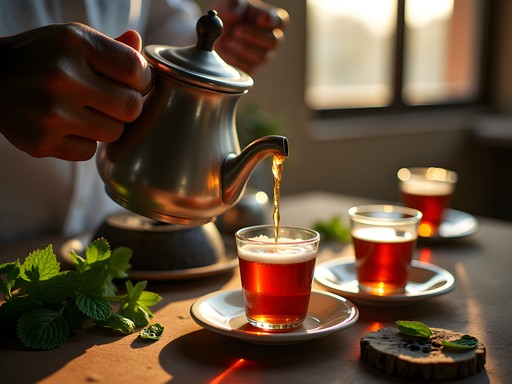
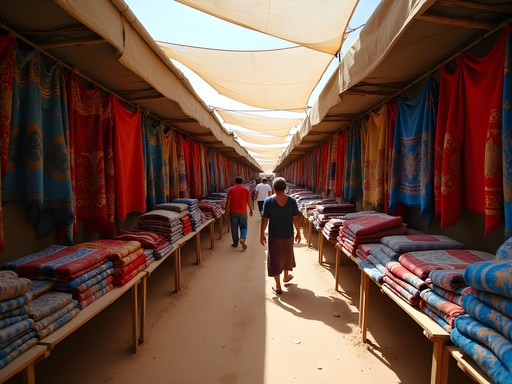
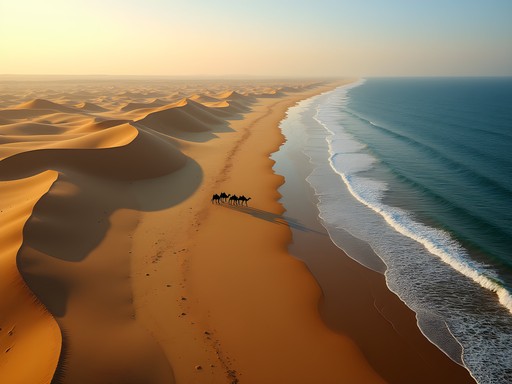
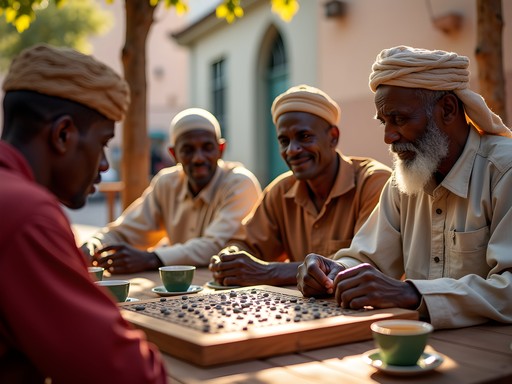


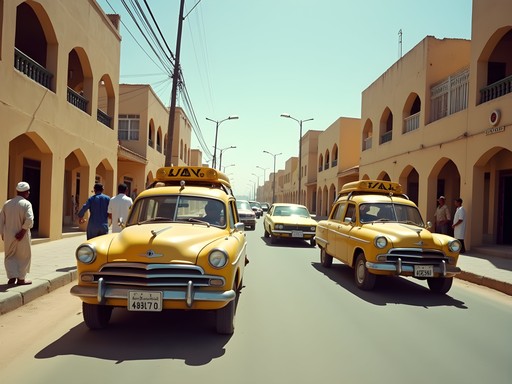
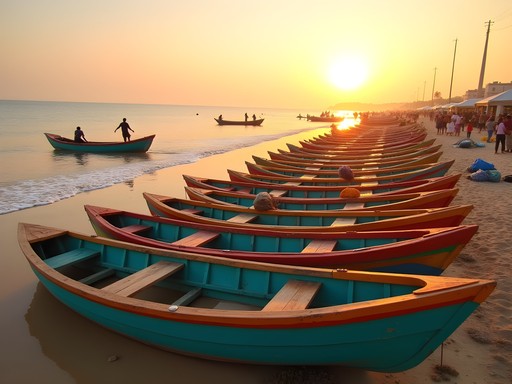
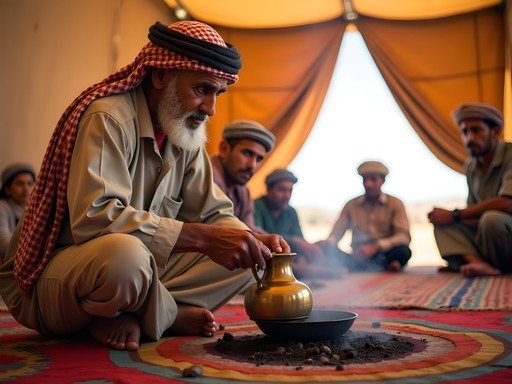
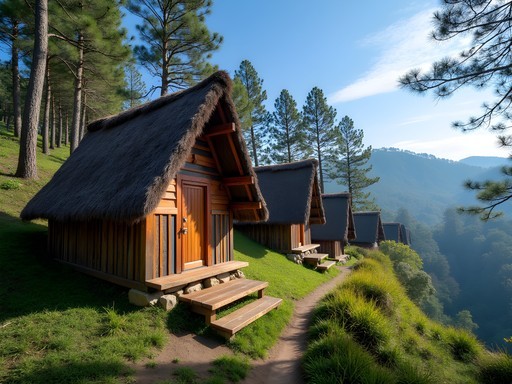
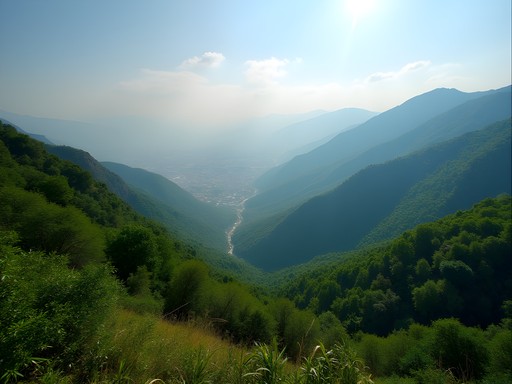
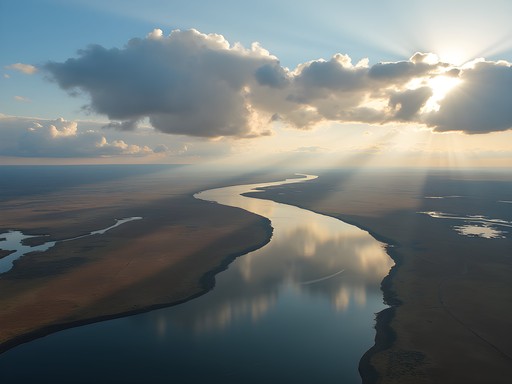
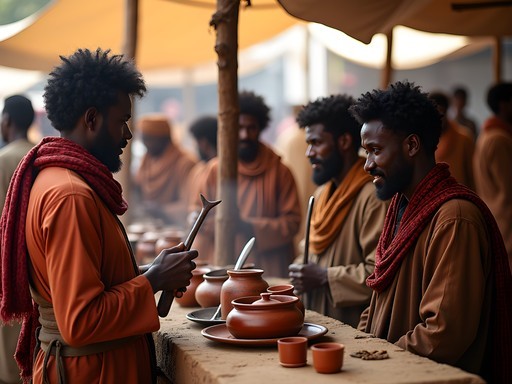
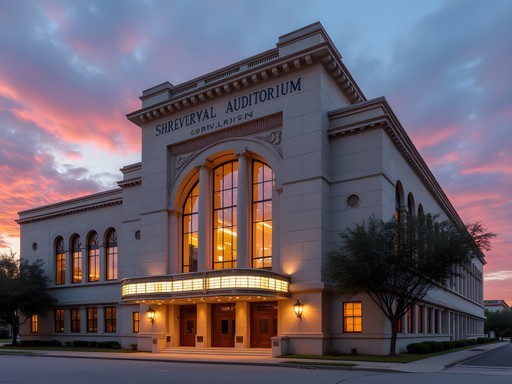
Comments
beachfan
I never considered Mauritania before but your post has me adding it to my list! That market looks incredible and I'm dying to experience that tea ceremony. Thanks for shining light on places beyond the usual tourist spots!
dreamwanderer
what's the visa situation like for US citizens?
waveexplorer
Spent 5 days there last year. Definitely hire a local guide for the markets - learned so much more about the culture that way. Also the sunset at the fishing port is incredible, way better than the beach honestly. The hospitality there is something else, people were so welcoming.
winterbackpacker
good to know about the guide! any recommendations?
adventurepro
Great photos!
Kimberly Murphy
Absolutely brilliant post, Harper! I've been trying to convince people that West Africa's Atlantic coast is wildly underrated. That section about the geographic identity really resonated – there's something almost surreal about watching fishing boats come in while sand dunes loom in the background. Did you make it to any of the fish markets at dawn? That's where I felt the city's pulse most intensely. Also, pro tip for anyone heading there: bring a good scarf or shawl for the dust. It gets EVERYWHERE. The cultural richness makes it all worthwhile though.
backpackbuddy
planning a trip for august - is it too hot then? also how easy is it to get around without speaking french?
Kimberly Murphy
August is BRUTAL heat-wise, not gonna lie. October-March is much better. Some people speak Arabic and basic English in tourist areas but French really helps!
roamtime
Finally someone writes about Nouakchott!! Been twice and totally agree about Marché Cinquième. The fabric section is unreal.
Bryce Diaz
Harper, this brought back so many memories! I spent three weeks in Nouakchott back in 2019 and that tea ceremony experience was life-changing. The patience, the ritual, the conversation – it's everything travel should be but rarely is. I remember my host explained that the first glass is bitter like life, the second strong like love, and the third gentle like death. That philosophy stuck with me through every journey since. The way you captured that blend of desert and ocean is spot-on. Most travelers skip Mauritania entirely, but it's exactly these overlooked places that tend to reshape how we see the world.
dreamwanderer
that tea ceremony sounds incredible! how long does it usually take?
Bryce Diaz
Usually about an hour, sometimes longer. It's not something to rush – that's kind of the whole point!
winterbackpacker
wow this looks amazing!! adding to my bucket list
moonbackpacker
How did you get around the city? Is public transportation reliable or should I budget for taxis?
Harper James
I used a mix of both! The shared taxis (often old Mercedes) run set routes and are super cheap but crowded. For specific destinations, private taxis are affordable if you negotiate beforehand. Walking is fine in central areas during the day.
beachfan
We did the shared taxis too! Such a fun experience even with my terrible French. The drivers were so patient with us.
Venture X
Premium card with 2X miles, $300 travel credit, Priority Pass